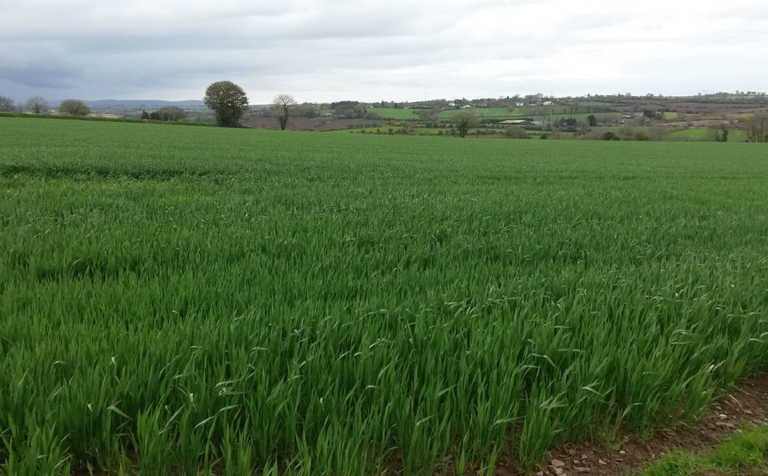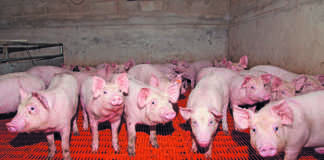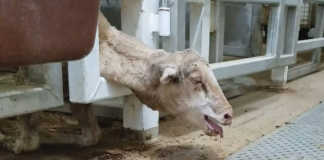
EU member states have voted to ban the use of the active ingredient chlorothalonil in fungicides, a move that agricultural industry role players say will leave crops particularly vulnerable to disease.
READ France bans widely-used herbicide
The European Standing Committee on Plants, Animals, Food and Feed last week voted against renewing the approval of chlorothalonil, after the European Chemicals Agency classified the product as a category one carcinogen.
Chlorothalonil is commonly used in the fungicide sold under the brand name Bravo and is used to control septoria leaf spot in wheat and ramularia leaf spot in barley, but is also used on other crops including potatoes and oilseeds.
Although no official date has been announced for the implementation of the ban, the Irish Department of Agriculture said in a statement: “There will be a grace period of up to a year for the distribution and use of existing stocks of products containing chlorothalonil.”
According to Jock Willmott, crop specialist at UK-based farm management company Strutt and Parker, the impact of the ban would be far greater for farmers in the UK and Ireland than those in other member states.
“The quickest spread of septoria resistance to fungicides [occur] where you get the most rain, so typically in Ireland and in the west of the UK. Across the channel in France and Germany, fungicides tend not to be under the same pressure, certainly in wheat, so a loss of [chlorothalonil] will potentially affect the UK more than other northern European countries.”
READ Small stone mill adds value to Western Cape wheat
In his reaction to the news, Dr Chris Hartfield, senior regulatory affairs adviser at the UK National Farmers’ Union said: “Chlorothalonil is an essential tool in the UK to keep resistance development under control. It plays a vital role in underpinning control of fungal diseases in UK crops such as barley, wheat, asparagus and narcissus. Without it there is a high risk of the rapid development of resistance to other fungicides.
“We feel the commission has been overly ‘precautionary’ in making this decision and has failed to consider the particular importance of this active [ingredient] in the control of critical fungal diseases and in managing disease resistance. As a result, we believe sectors of UK agricultural and horticultural production will be put at significant risk,” he added.
The Irish Grain Growers’ Group said the ban was “quite simply a hammer blow to the Irish tillage farmer”.












